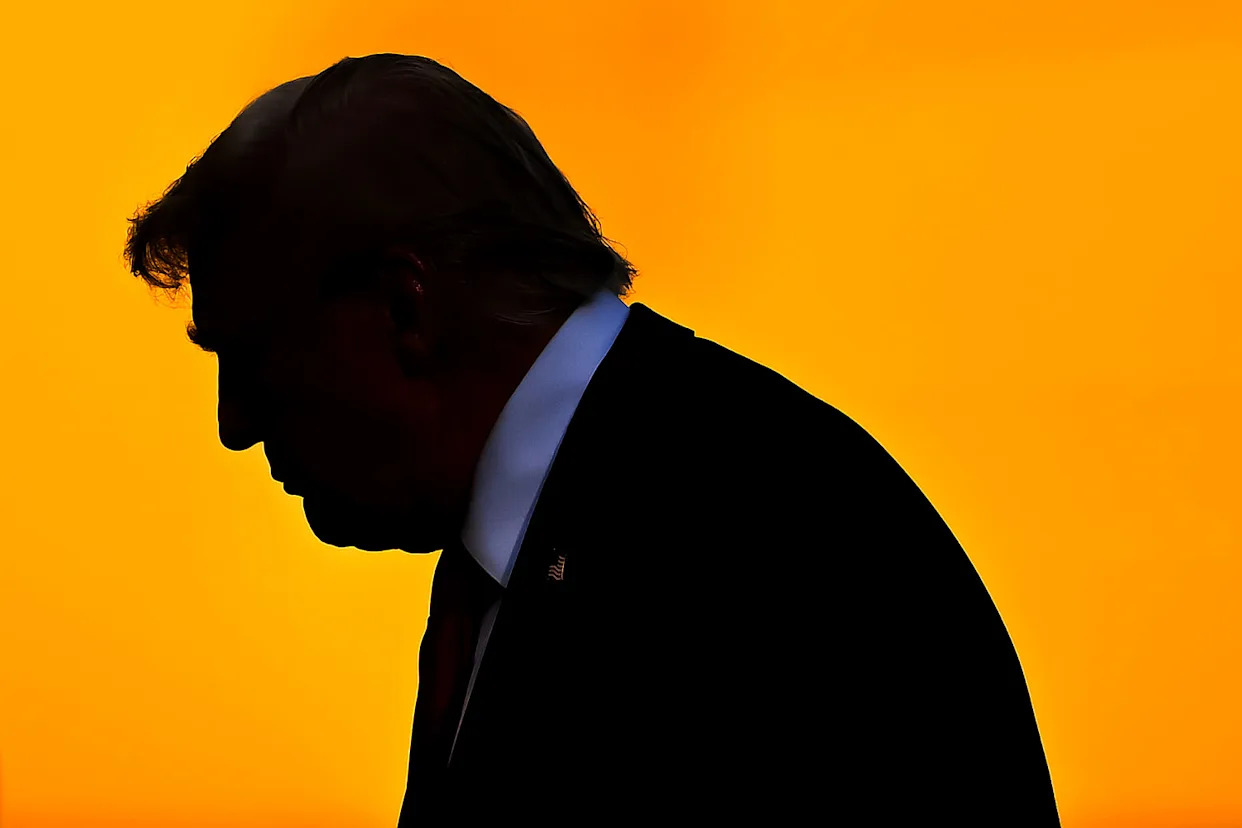The political landscape in the United States continues to be shaped by the evolving perspectives of its electorate, particularly the elusive swing voters who played a decisive role in Donald Trump’s 2024 presidential victory. These individuals, who previously supported Joe Biden or abstained from voting in 2020, are now offering their initial assessments of the Trump presidency, revealing a complex tapestry of satisfaction, disillusionment, and cautious optimism.
Among those pivotal swing voters is Ray, a New York resident in his mid-30s, whose shift from Biden to Trump was largely predicated on pledges to bolster the economy. However, Ray now expresses a notable dissatisfaction with the tangible outcomes of these economic policies, indicating a gap between campaign promises and perceived reality. This highlights the critical importance of economic performance in shaping voter sentiment for the Trump administration.
Conversely, Scott, a 29-year-old Missourian who also flipped his vote, shares a generally positive view of Donald Trump’s presidency thus far. Yet, even for satisfied voters like Scott, certain issues can create ripples of doubt. He conceded that the ongoing Jeffrey Epstein matter had “somewhat” tempered his support, despite affirming his continued intention to vote for Trump if given the chance again, underscoring the nuanced and often contradictory nature of voter loyalties.
These individual narratives are indicative of a broader trend among the recontacted swing voters: approximately half expressed contentment with Trump’s performance, while others offered either mixed reviews or outright disapproval during his first six months in office. This spectrum of opinions aligns with overall public opinion polls that have shown a gradual decline in Trump’s approval rating since assuming the presidency, signaling a dynamic political landscape.
The economic policies of the Trump administration remain a central point of contention for many of the disaffected voters. Jorge, an independent from Florida who backed Trump after being too young to vote in 2020, voiced strong criticism regarding the president’s focus on international issues over domestic economic concerns. He articulated a clear disappointment, feeling that the administration had deviated from its core campaign promises of aiding the working class and addressing tax reform, leading him to state he would not vote for Trump again.
Further emphasizing the growing voter disillusionment, Janice Dunn, an 82-year-old from North Carolina, conveyed profound disappointment with the Trump presidency, citing sweeping federal employee layoffs in the early months of his second term and the persistent issue of high prices. Her concerns resonate with a segment of the population that expected immediate economic relief and greater stability following the election.
Despite these criticisms, other Trump voters have voiced strong endorsements of his economic policies, particularly praising his tariff initiatives. These supporters feel that Trump has prioritized American economic interests, viewing federal layoffs as standard administrative turnover rather than a failing. Such contrasting views highlight the deep ideological divisions and varying interpretations of the administration’s impact on the national economy.
Beyond economic reforms, Donald Trump’s intensified focus on immigration policies, specifically the deportation of undocumented immigrants, has also garnered mixed reactions from this crucial voter demographic. While some voters initially prioritized border security, even supporters like Ray found the approach to deportations “very heavy-handed” and “a step too far.” Similarly, the “One Big Beautiful Bill,” a comprehensive tax cut and spending measure, elicited wariness from most, with concerns over hidden clauses and integrated, potentially unrelated, policy items like immigration.
Ultimately, the responses from these swing voters underscore the complex and often unpredictable nature of the American electorate. Even with lingering concerns about specific policies or perceived broken promises, the underlying motivations for their votes in 2024, such as Ray’s desire for a complete societal “restart” or support for candidates who speak their minds, indicate that their political allegiances are multifaceted and continuously evolving within the current political landscape.






Leave a Reply